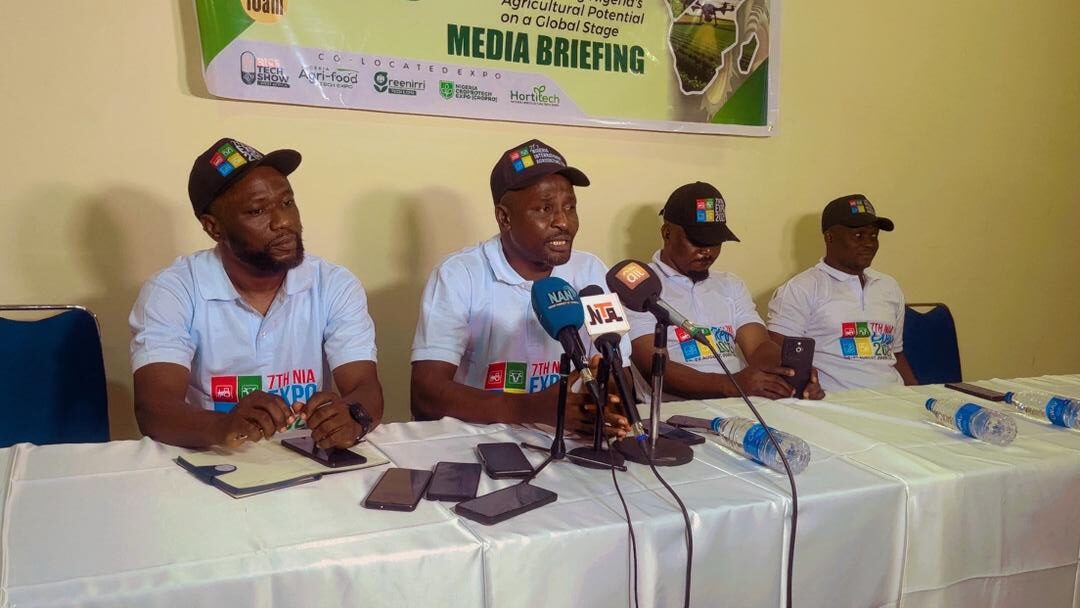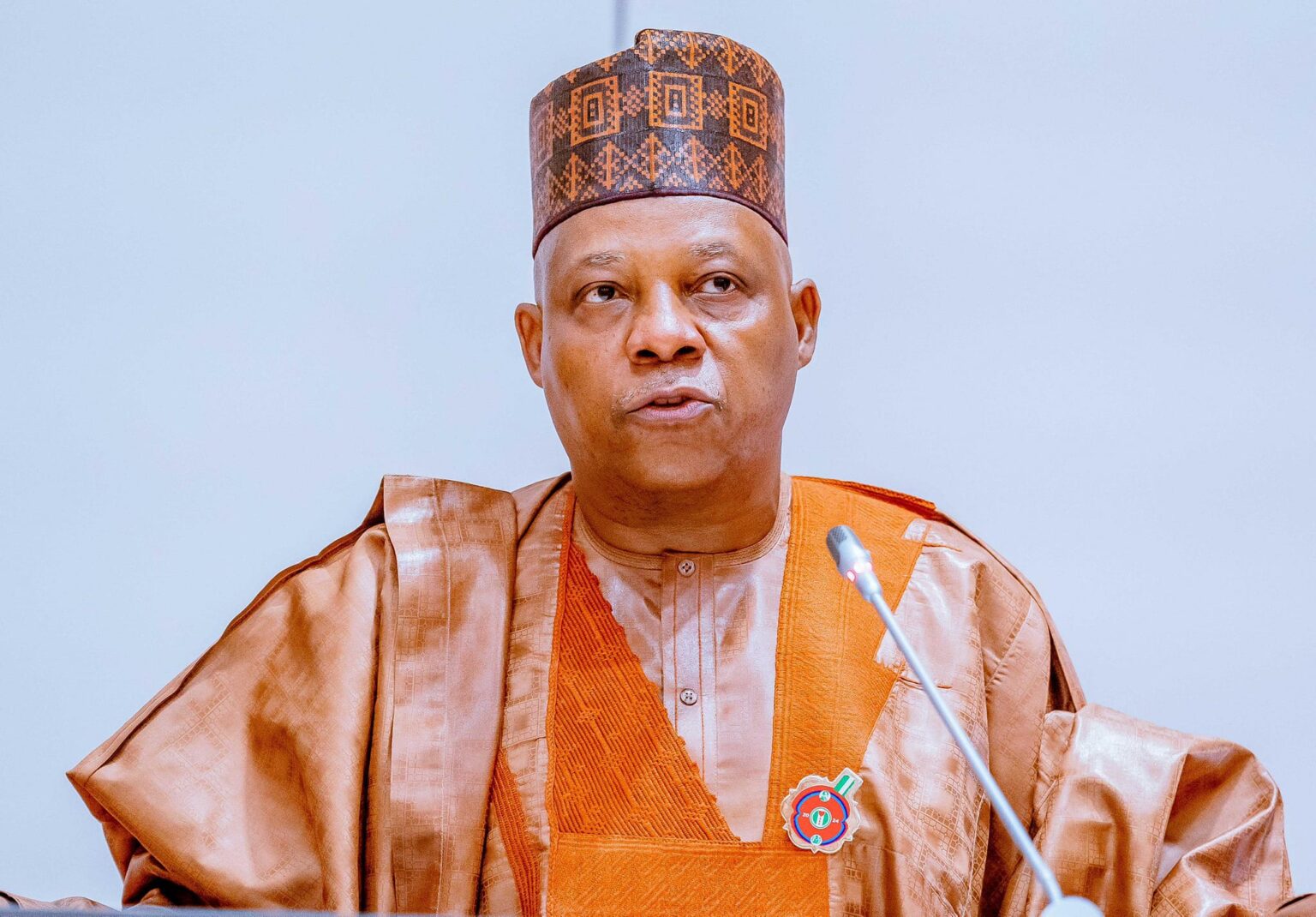By Lucy Ogalue
The Governor of Nasarawa, Abdullahi Sule, says the state is one of the richest states in the federation if its potential are effectively harnessed.
Sule told newsmen in Lafiya that the state’s annual Internally Generated Revenue (IGR) has recorded significant increase from N7.7 billion in 2019 to more than N20 billion currently.
” We are also generating between N1.3 billion and N1.7 billion monthly,” he said.
He said that Nasarawa was blessed with hydrocarbons, solid minerals, precious metals, which are yet to be fully tapped; and a huge comparative advantage in agriculture.
He said that there was a marble site in Gudi, where a Chinese company produces tiles and other ceramic products.
“You will even be more excited if you had gone to the site of our lithium processing plant.
“There are also tin operations. These solid mineral factories are being duplicated across the state, and more companies are coming in to invest in the solid minerals sector right now.
“We pride ourselves on being the state housing the biggest lithium processing plant in the country.. These are the kinds of developments happening,” he said.
The governor said that his administration had also invested heavily in agriculture.
“Abdullahi Adamu, our first executive governor, has a farm of about 3,000 hectares.
“We have our own 10,000 hectares belonging to the state government. We have already started harvesting rice.
” We have not even signed any MoU with any buyer; instead, we are focused on harvesting the rice. We are keeping it in the warehouse, forming a pyramid of rice,” he said.
He said that the Nasarawa State Vocational and Technology Center in Lafia was one of the developmental initiatives of the state.
According to him, the idea informed by the need to produce needed artisans for Nigeria’s industrial development.
“When Dangote decided to construct the refinery at Epe, Lagos, the whole program started with the silos, the distillation unit, and some of the most sophisticated and expensive equipment.
“The manufacturers insisted that they needed skilled and certified technicians.
We needed to go to India because we couldn not find enough in Nigeria.
“Dangote imported 4,000 technicians from India. They were the only ones qualified and deployed because nobody would have that kind of installation unit and allow an unqualified mechanic to work on it.
“This is why I said that if I become the governor of Nasarawa, we will produce skilled technicians who will be ready for employment when another Dangote is looking for 4,000 skilled artisans.
“At least we can say we in Nasarawa have 500 technicians; go and find the other 3,500 elsewhere. This is my motivation and my dream,” he said.
Sule said that the state was committed to uplifting the standard of women and other vulnerable groups.
According to him , the government recently inaugurated a gender document, the first in the country.
He said that It was all about women, and is part of the Human Capital Development Agency, chaired by the Deputy Governor.
“All these initiatives are geared towards helping women.
“Nasarawa is a pacesetter when it comes to women taking the lead in leadership and careers.
” For the first time, a woman is the Chief Justice of Nasarawa, and for the first time, we have a woman as Vice Chancellor of the state university.
“This is part of my administration’s vision to empower women, and the reason is that I have had some very important women who played key roles in my life, and I have seen their impact,” he said.
The governor expressed commitment to providing quality infrastructure in the rural areas.
According to him, the wealth of Nasarawa is in the villages.
“The farming areas and the minerals we are discussing are located in the villages.
“The activities that will truly bring wealth to Nasarawa are in the villages. One of the things we must do is empower the villages to foster a sense of belonging.
” Our administration is committed to inclusivity. We do not want anyone to be left out.
“Youth, women, or the elderly; everyone is included. That is why we are providing training and skill acquisition for young people who have just graduated from school.
“We are also doing it for those who are retiring. We want the entire value chain to be incorporated,” he said.
He said that, though Nasarawa was among the states receiving the least allocation from the federal government, it remained one of the states with the greatest potential in human and capital resources.
“We have mineral resources, oil and gas. Oil drilling is taking place in Obi Local Government Area,
“Our state is one of only three states in the North where oil exploration is happening. For this reason, Nasarawa can not be poor,” he said.
He said that the state government was not borrowing money to execute any of its projects.
“Since I came in, we have not gone to the bank to borrow money. This is a mentality I brought from the private sector; we should not rely on borrowing.
“I decided to close all loopholes. There is a lot of money in Nasarawa, especially in internally generated revenue, but there are also many leakages.
“Our aim is to block these leakages, but we still have a long way to go in terms of revenue generation for the state,” he said.
Sule said that the government was also exploring other sources of revenue.
He said that proximity to the Federal Capital Territory (FCT) was also a major advantage for Nasarawa.
“You will see many projects motivated by our closeness to the FCT, especially in relation to housing.
“These projects are targeted at wealthy individuals living in the FCT, encouraging them to come to Nasarawa. That is one of our strategies,” he said.(NAN)
Edited by Kadiri Abdulrahman







